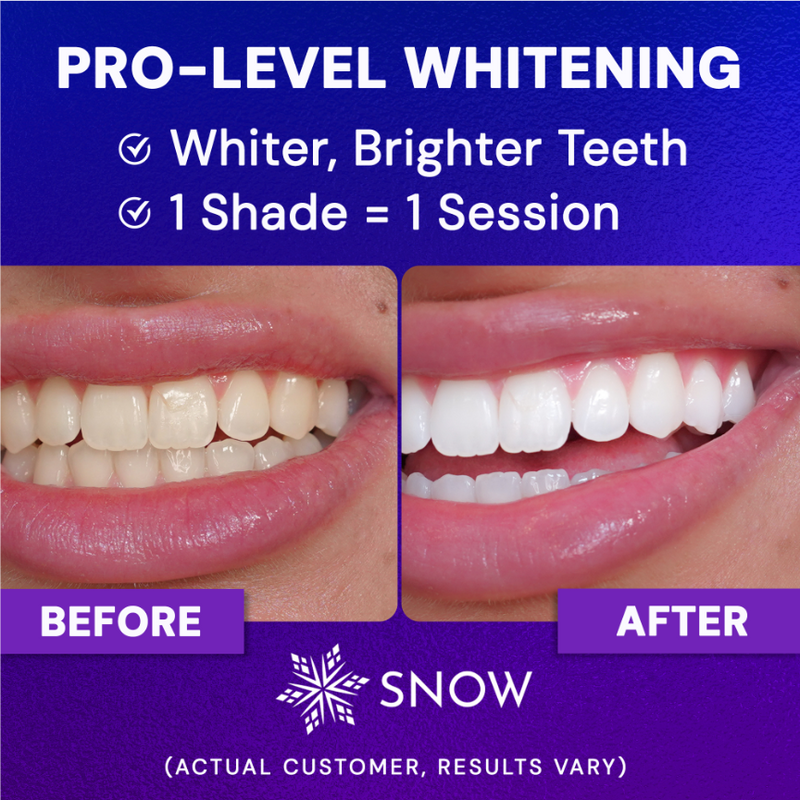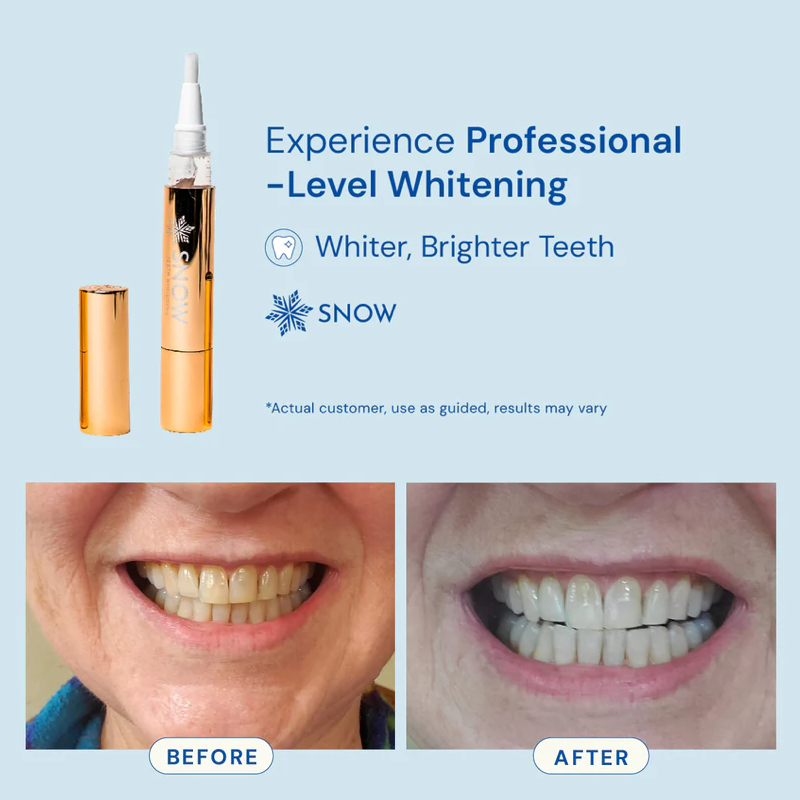Tooth nerve pain is not uncommon, and most of us have dealt with it at some point in our lives or another.
When drinking a hot coffee or just brushing your teeth, tooth nerve pain can strike and cause a dull ache. And, oh boy, it can be painful.
Tooth nerve pain is much like a sharp stabbing pain that radiates from your teeth for a couple of seconds, leaves then strikes again.
Although a couple of moments of discomfort and sensitivity may not call for an emergency visit, you should book an appointment with a dentist.
Below are causes of tooth nerve pain, some ways to prevent it, and remedies that work like a charm in giving you instant relief.
What causes tooth nerve pain?
Much like all other body parts, your teeth also contain nerves.
If your enamel is thin or eroded, your teeth become sensitive to cold, hot, sugary foods and drinks.
Sometimes, even brushing, the slightest movement, or eating your favorite foods can trigger tooth nerve pain if the enamel is worn or there is a gingival recession.
When your tooth enamel breaks or wears away, the second layer of. the tooth, also known as the dentin, gets exposed, which can cause excruciating pain and severely infected nerve endings.
Thankfully, there are treatment options and several possible dental procedures to reduce inflammation and pain caused by tooth nerve pain.
Common reasons behind sensitive teeth and tooth decay:
Cracked teeth
A crack in the tooth can make it sensitive. The thermal sensation can go inside the crack and bypass the enamel and get to the pulp (nerve) faster. With cracked teeth, they typically only hurt when biting or releasing. This is because the tooth is flexing and tugging on the nerve.
If you cannot observe any obvious signs of an infected tooth but are still experiencing dental pain, you may have a cracked tooth without even knowing it.
Sugar and other food items may be accumulating under the tooth enamel and touching the nerves inside teeth, thus causing spontaneous pain.
Cracks in teeth or a tooth fracture may also allow temperature changes in your oral cavity to reach the nerves.
This is why it is essential to get any dental problems checked out right away so that your dentist can conduct a thorough oral exam and isolate the problem tooth to treat it.
Gum disease
Aside from a damaged tooth, receding gums too can cause pulpal sensitivity.
Also, with gingival recession, you expose more of the root of the tooth which can make the tooth more sensitive since there is no enamel covering the root surface of the tooth.
Untreated cavities cause tooth decay and toothache pain. Cavities are caused by bacteria breaking down the enamel and dentin and giving direct access to the nerve for hot and cold foods. Filings help to replace the missing layers (enamel and dentin) to act as insulators. Using a tooth-colored filling is better because it is made of a resin versus amalgam being made of metal.
You'll need to treat gum disease quickly to avoid a damaged nerve.
Smoking
Smoking is very harmful to health and can cause cancer, among many other ailments.
It can also damage your gums and enamel, healthy tooth function, and cause tooth sensitivity.
Aggressive brushing
According to the American Dental Association, brushing your teeth with a hard-bristled brush can further aggravate the affected area. Brushing aggressively or incorrectly can damage your gums and damage your teeth.
Incorrectly brushing can cause food particles to get lodged in your teeth. Trapped debris can lead to dentin sensitivity and other signs of teeth-related problems such as dull aches and damaged nerves.
Grinding
Did you know that grinding or bruxism can also cause tooth loss? It is often considered harmless and is, in most cases, an involuntary habit. Those who suffer from bruxism tend to grind their teeth at night and sometimes even during the day.
They are generally unaware of this, and small external stimuli can cause them to start grinding their teeth. This can lead to loss of enamel, which can lead to pain due to dentinal sensitivity.
Thankfully, there are home remedies that can help with grinding. You can wear a night guard at bedtime like DenTek night guard or chew gum with xylitol during the day, for example, Ice Breakers gum.
How to treat tooth nerve pain
If you suffer from constant tooth pain or nerve pain, a few simple changes in your lifestyle can help you reduce dental decay and let you enjoy better oral health.
Practice good oral hygiene
Use fluoride toothpaste and a soft-bristled toothbrush as a part of your regular dental care routine. First floss, rinse, and then brush your teeth.
After you brush, spit out the excess toothpaste and saliva, and do not rinse after brushing. This allows the toothpaste to sit on your teeth longer and works better.
It would help if you also got your teeth professionally cleaned at least once every six months to avoid nerve pain or the need for a root canal.
Watch what you eat
To prevent getting root canals or suffering from tooth nerve pain, you must also avoid food and eating habits that can damage your tooth enamel.
If you have a medical history of toothache pain, avoid hot foods, acidic foods, and cold stimuli.
Limit acidic foods, including sodas, citrus juices, wines, and yogurt that can deteriorate your oral health, worsen a simple cavity, and trigger the tooth nerve to cause excruciating pain.
The most common cause of nerve pain is eating very hot or very cold food that can cause intense pain and sensitivity in the teeth.
Thankfully, pain relief is not expensive, and several over-the-counter drugs can give you instant relief from severe pain caused by inflamed blood vessels.
You may also try out simple home remedies such as cloves that can give you relief from nerve pain.
Short-term remedies
Aside from using fluoride toothpaste, you must also floss and rinse your mouth with a fluoride mouthwash once a day.
If you find that brushing your teeth does not help with the pain, use desensitizing toothpaste.
It may take several applications for you to get relief from nerve pain. However, this treatment works and may eliminate the need for common dental procedures such as a root canal.
You can reduce tooth pain by simply improving your diet. Make changes to what you eat, and choose sugar-free dairy, fruit, lean meats, and grains.
Avoid chewing on ice as this can cause tooth fractures. Also, avoid snacking on sweet and sticky foods. Eat plenty of calcium-rich and vitamin-rich foods to keep your teeth strong and healthy.
Long-term solutions
If your tooth nerve pain and symptoms persist, it's best to see a dentist to reduce pain.
If you have spent days trying out remedies, make a dental appointment and discuss your medical history and symptoms with your dental professional. Severe cases may need immediate attention.
Your dentist may suggest a dental procedure such as a crown or root canal therapy. There are plenty of treatments that can help soothe your pain.







































































